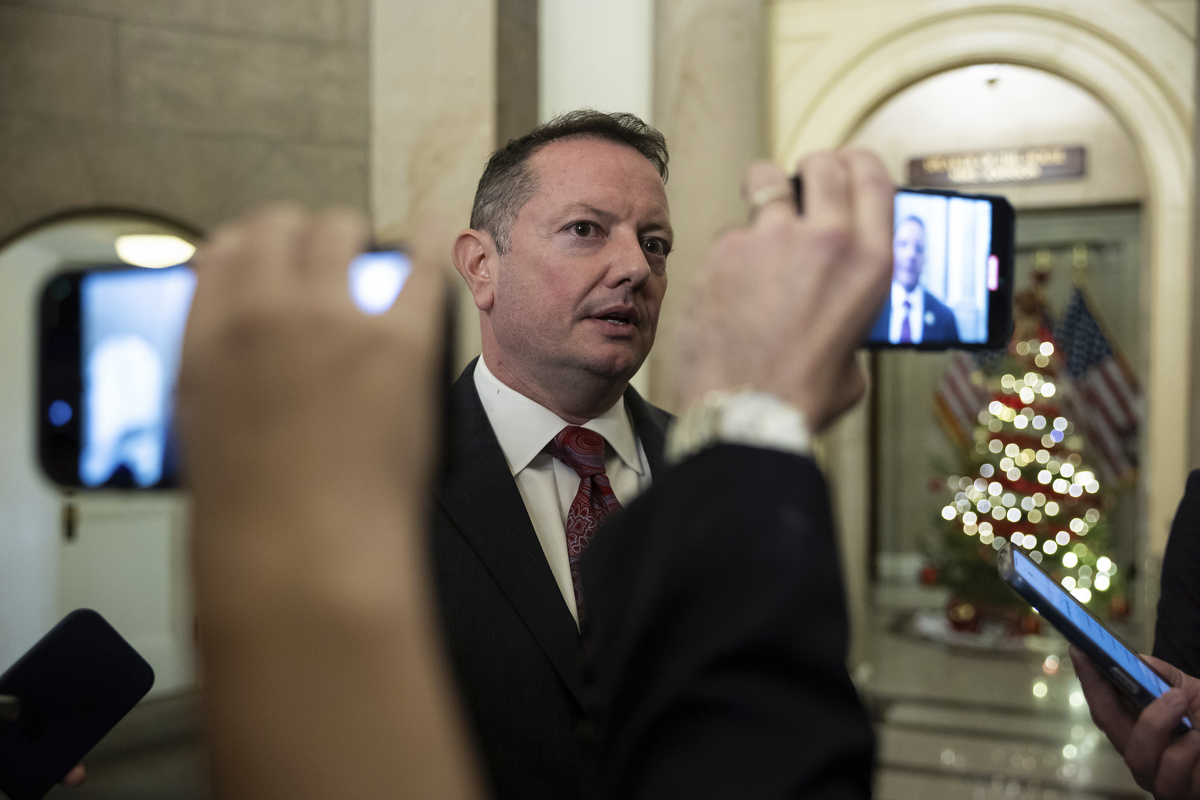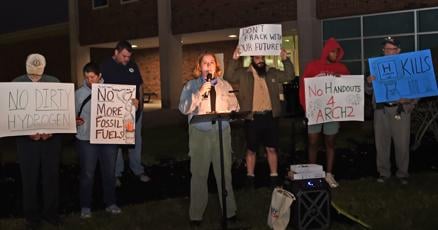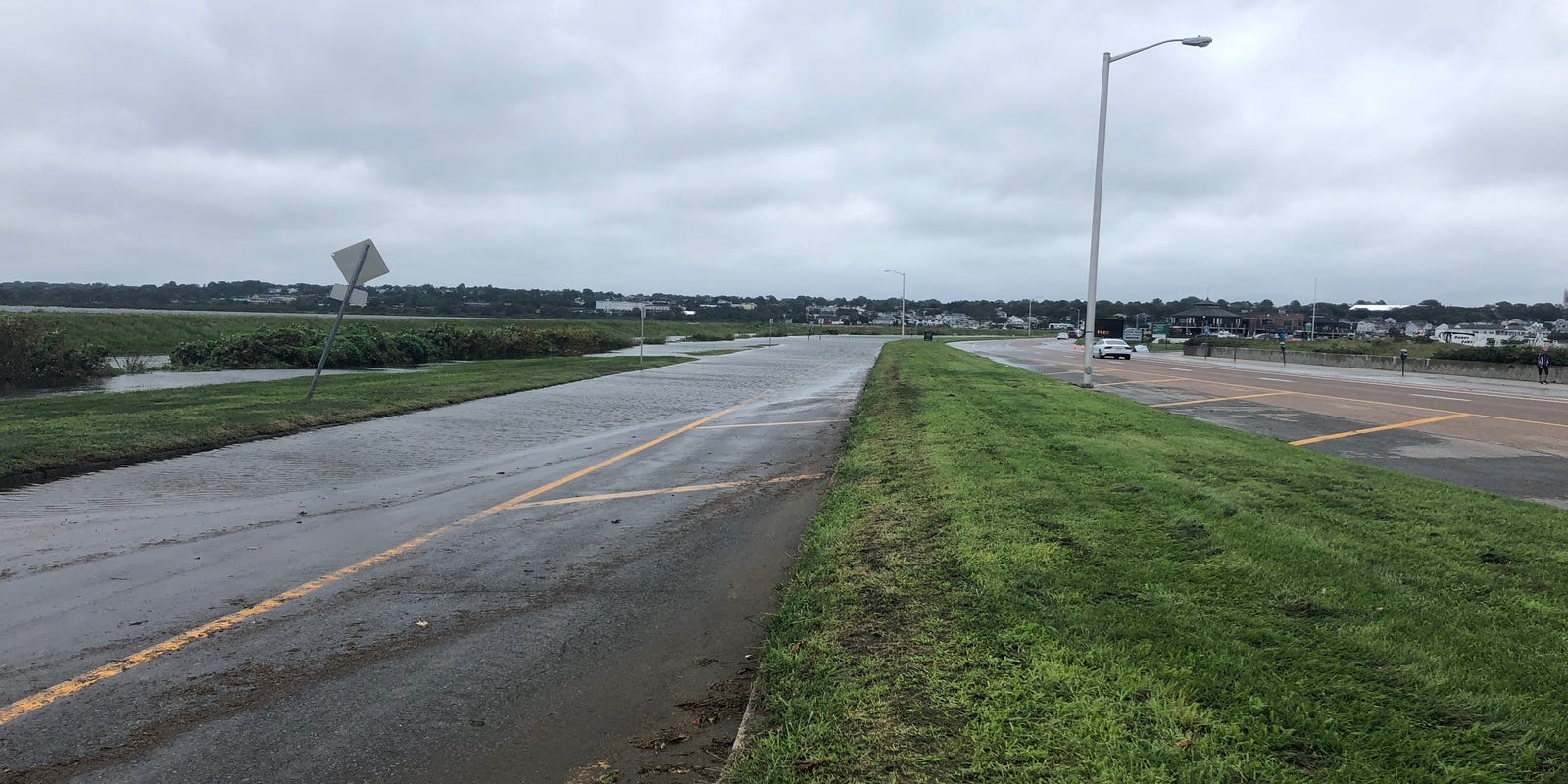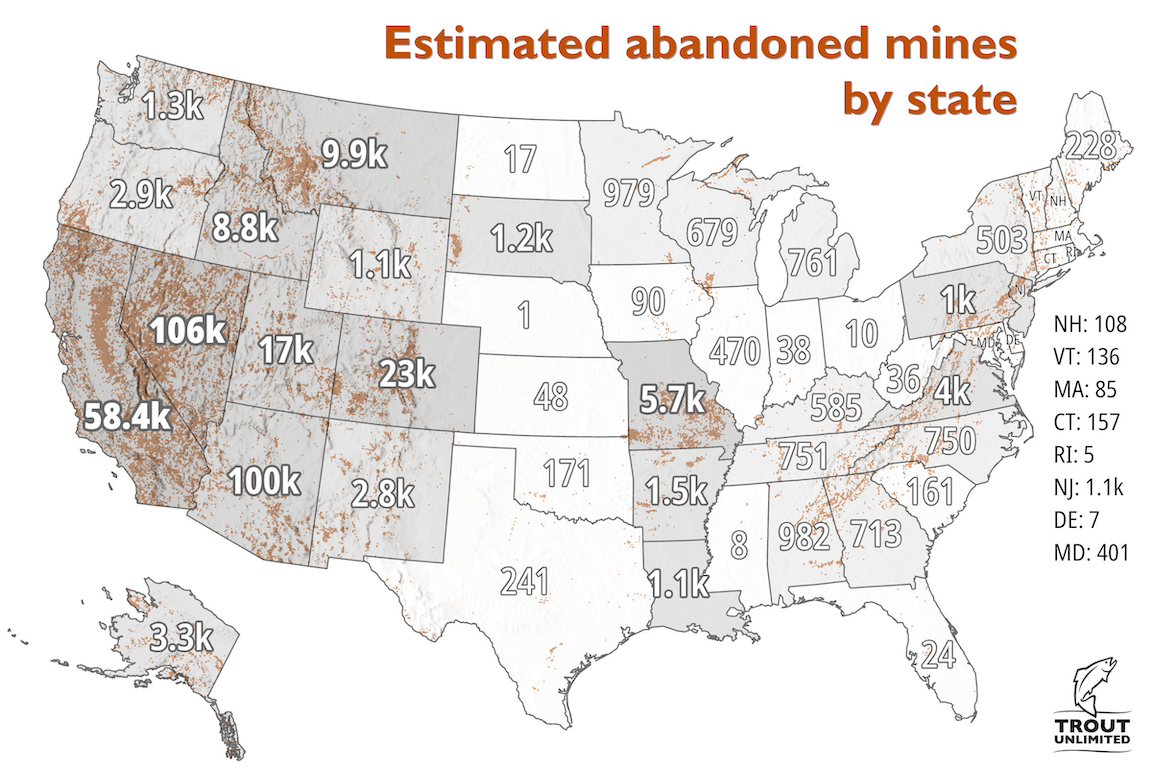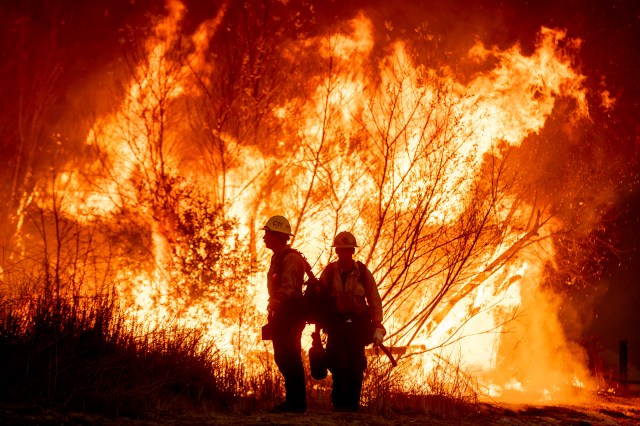
Climate Crisis: The Urgent Call to Halt Fossil Fuel Production Before It's Too Late
Lessons from the Past, Hope for the Future Throughout history, we've repeatedly ignored critical warnings and signs, often to our own detriment. Our collective tendency to dismiss expert advice and overlook emerging challenges has led to significant consequences that could have been prevented. Today, we stand at a critical crossroads. The choices we make now will determine not just our immediate future, but the legacy we leave for generations to come. If we continue to turn a blind eye to pressing global issues—whether they relate to climate change, technological disruption, social inequalities, or environmental challenges—we will bear the full weight of our collective inaction. The time for passive observation has passed. We must transform our understanding into meaningful action. By listening carefully, learning from historical mistakes, and proactively addressing emerging challenges, we can chart a more responsible and sustainable path forward. Our future is not predetermined. It is a canvas waiting to be painted by our collective wisdom, courage, and commitment to positive change. We have the knowledge, the tools, and the potential to create a better world—but only if we choose to listen, understand, and act decisively.



